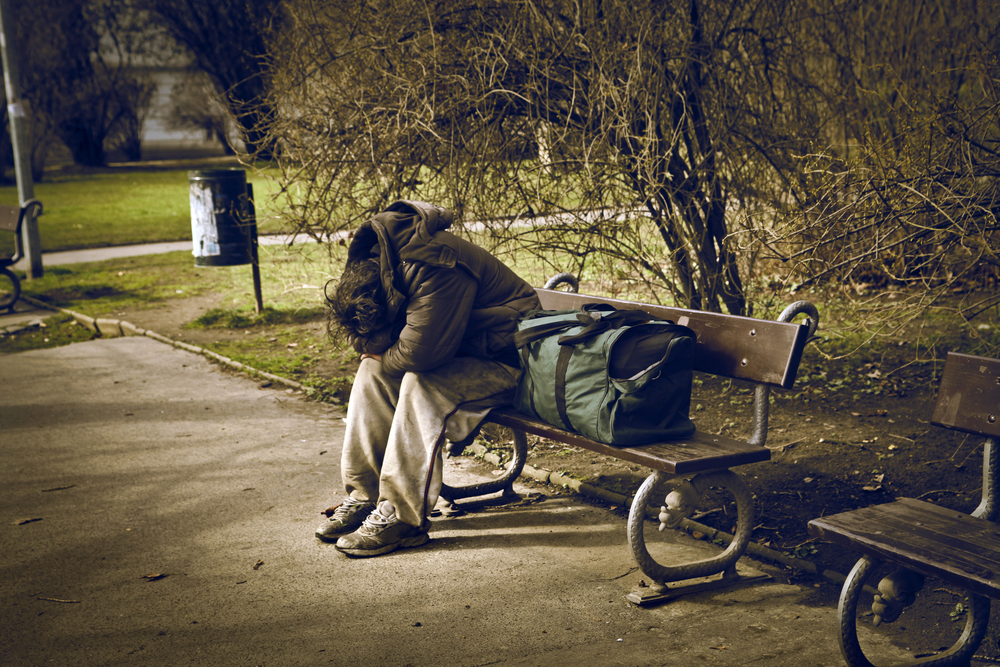Amsterdam may go ahead with medicinal crack trial in 2027

Amsterdam local council is looking into providing medicinal crack to a small group of addicts in an attempt to give them stable access to a safer product and a support network, the NRC reported.
The highly addictive drug has been making a comeback, aid workers have found. It is cheaper because production of cocaine, particularly in Colombia, has increased. A 0.1 gramme amount of crack now costs just five euros but most users need multiple doses a day.
New groups are turning to crack, aid workers said, including migrant workers and rejected asylum seekers, mainly from Morocco and Algeria. Many are homeless and suffer from multiple health problems.
Emeritus professor of psychiatry and addiction Wim van de Brink, who is involved in an investigation into the feasibility of a trial, told the paper that if the result is positive, the experiment could start in Amsterdam in 2027 and could be extended to other cities in five years.
If the trial goes ahead, the Netherlands would be the first country to offer crack on a medical prescription, after pioneering prescription heroin in the nineties. The council has earmarked €11,000 for the feasibility study, which will be carried out next year.
The scheme was initiated by drug users association Drugsgebruikers MDHG and Mainline, an organisation that tries to prevent health damage from drug use.
Van den Brink, who is also on the board of Mainline, said medical hard drug prescriptions are a “sensitive issue”. “There is a lot still to investigate before we can open the joint and say: ‘Come on in,’” he said.
Before the organisations start talks with potential support network workers, such as nurses and addiction medics, they want to gauge opinion among users, Van den Brink said. A list of questions based on talks with 20 addicts will be circulated in the coming months.
The survey will also identify potential candidates for the trial. “Some people can control their use,” MDHG director Dennis Lahey said. But for a woman he knows who uses crack continually for three-day stretches, the scheme will not work. “She told me immediately: this is not for me”, Lahey said.
Crack is an increasing problem in many European cities, according to some mayors at a conference last year, in which Amsterdam mayor Femke Halsema argued that drug regulation is a question of “how, not if”.
Thank you for donating to DutchNews.nl.
We could not provide the Dutch News service, and keep it free of charge, without the generous support of our readers. Your donations allow us to report on issues you tell us matter, and provide you with a summary of the most important Dutch news each day.
Make a donation